State Performance Plan 2005-2012 - Part B - Arkansas Department Of Education Page 199
ADVERTISEMENT
 1
1  2
2  3
3  4
4  5
5  6
6  7
7  8
8  9
9  10
10  11
11  12
12  13
13  14
14  15
15  16
16  17
17  18
18  19
19  20
20  21
21  22
22  23
23  24
24  25
25  26
26  27
27  28
28  29
29  30
30  31
31  32
32  33
33  34
34  35
35  36
36  37
37  38
38  39
39  40
40  41
41  42
42  43
43  44
44  45
45  46
46  47
47  48
48  49
49  50
50  51
51  52
52  53
53  54
54  55
55 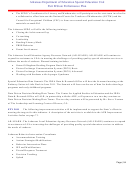 56
56  57
57  58
58  59
59 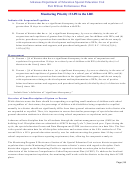 60
60  61
61  62
62  63
63 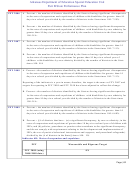 64
64  65
65  66
66  67
67  68
68  69
69  70
70  71
71  72
72  73
73  74
74  75
75  76
76  77
77 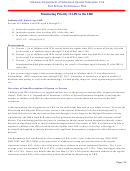 78
78  79
79  80
80 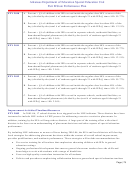 81
81  82
82  83
83  84
84  85
85  86
86  87
87  88
88  89
89  90
90  91
91 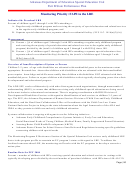 92
92 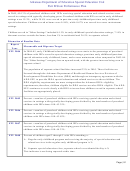 93
93 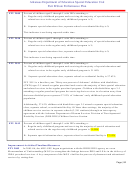 94
94  95
95  96
96 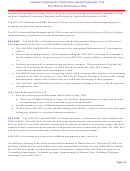 97
97  98
98  99
99  100
100  101
101  102
102  103
103 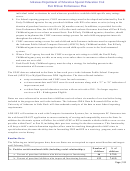 104
104 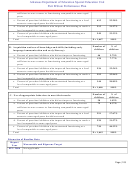 105
105  106
106 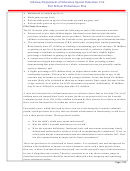 107
107  108
108  109
109  110
110  111
111  112
112  113
113 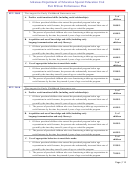 114
114  115
115  116
116  117
117  118
118  119
119  120
120  121
121  122
122  123
123  124
124  125
125  126
126  127
127  128
128  129
129  130
130 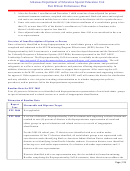 131
131  132
132  133
133  134
134  135
135  136
136  137
137 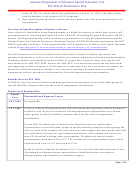 138
138 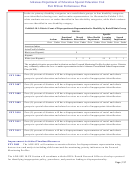 139
139  140
140  141
141  142
142  143
143  144
144 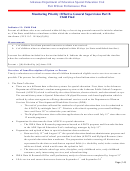 145
145  146
146  147
147  148
148 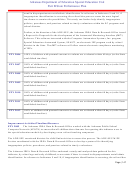 149
149  150
150  151
151  152
152  153
153  154
154  155
155  156
156  157
157 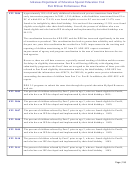 158
158  159
159  160
160  161
161  162
162  163
163  164
164  165
165  166
166 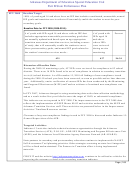 167
167  168
168 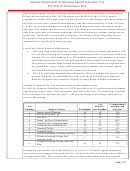 169
169  170
170  171
171  172
172  173
173 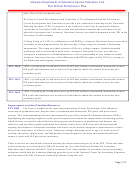 174
174  175
175  176
176  177
177  178
178  179
179  180
180  181
181  182
182  183
183  184
184  185
185  186
186  187
187  188
188  189
189  190
190  191
191  192
192 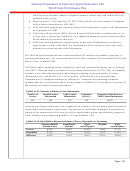 193
193 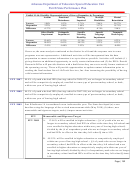 194
194  195
195 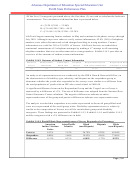 196
196  197
197  198
198  199
199  200
200  201
201  202
202  203
203 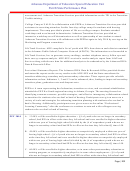 204
204 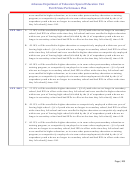 205
205  206
206  207
207  208
208  209
209  210
210  211
211  212
212  213
213  214
214  215
215  216
216  217
217  218
218 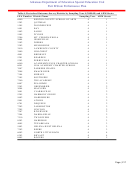 219
219  220
220  221
221 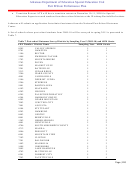 222
222  223
223 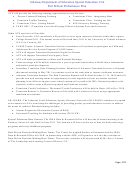 224
224  225
225  226
226 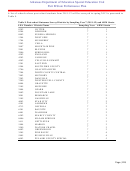 227
227  228
228 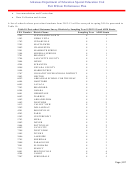 229
229  230
230  231
231  232
232  233
233  234
234  235
235  236
236  237
237 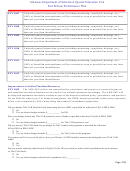 238
238  239
239  240
240  241
241  242
242  243
243  244
244  245
245  246
246  247
247 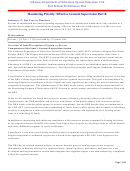 248
248  249
249  250
250 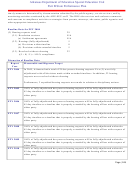 251
251  252
252  253
253  254
254  255
255  256
256  257
257  258
258  259
259  260
260  261
261  262
262  263
263 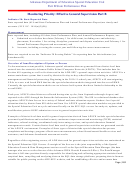 264
264 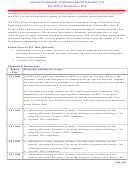 265
265  266
266  267
267  268
268  269
269  270
270  271
271  272
272 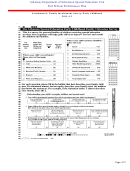 273
273  274
274 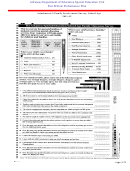 275
275  276
276 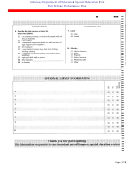 277
277 Arkansas Department of Education Special Education Unit
Part B State Performance Plan
provide interventions in three Arkansas school districts for an initial cohort of ninth graders
failing the first semester of the 2007-08 school year. In 2008-09, the C.O.R.E. project expanded
to include select high schools in the Little Rock School District, the largest district in the State,
as well as the continued participation of the three initial districts. In 2009-2010 the C.O.R.E.
project, in Collaboration with IDEA Data & Research Center, developed a model data base with
students that drop out of school. The intent was to collect and analyze reflective data from prior
years to determine additional risk factors that lead to students leaving prior to graduation. The
model was presented as training to the Arkansas River Education Service Cooperative Local
Education Supervisors. The presentation was Arkansas’s rudimentary assessment of a local
Early Warning System.
Little Rock School District Collaborations:
•
McCellan High School data-base profiles were developed to identify 9th graders with
two risk factors during the first nine weeks: attendance of 80% or less, course failure in
Algebra I, Civics and Language Arts. The building principal, data manager, counselors
and dropout prevention teams provided immediate interventions for the target group. The
process of student identification and provision of interventions was repeated after the
second nine weeks to show student improvement, identify new students, and to intensify
the interventions for specific students if warranted.
•
P.O.I.S.E. staff participated (October-December 2009) on a committee that provided
research and policy recommendations to the Little Rock School District Board of
Directors for approval to establish a District Truancy Board to address attendance.
Arkansas Transition Services activities related to this indicator were:
In 2009-10, Arkansas Transition Services (ATS) provided over 175 professional development
opportunities to more than 1,000 participants from across the State. The following is a partial
list of trainings with outcomes measures ― the percent change in knowledge and skills as a
result of the training.
# of
% improvement
# of
districts in
from pre-and
Trainings
Name of Activity
Participants
attendance
post-test
3
Person Centered Planning
36
14
70
6
Self-Advocacy Strategy
7
20
59%
5
Take OFF
87
22
65%
4
Transition Class: Getting Started
64
12
66%
3
Transition Class: Integrating Ideas
73
22
71%
1
Transition Class: Getting the Job
29
14
76%
49
Transition Toolkit
533
105
53%
2
Transition Update
24
2
57%
3
Customized Training: Transition Activities
114
4
71%
Customized Training: Writing Post-
1
4
1
57%
Secondary Goals
Customized Training: Writing Transition
4
82
10
70%
Plans
Interagency Agreements with School Districts: A Total of 121 districts signed Interagency
Agreements with Arkansas Transition Services (ATS) in an effort to establish a more effective
working relationship. These districts have close working relationships with their regional
transition specialists, including regular trainings and consultations.
Page | 197
ADVERTISEMENT
0 votes
Related Articles
Related forms
Related Categories
Parent category: Legal









